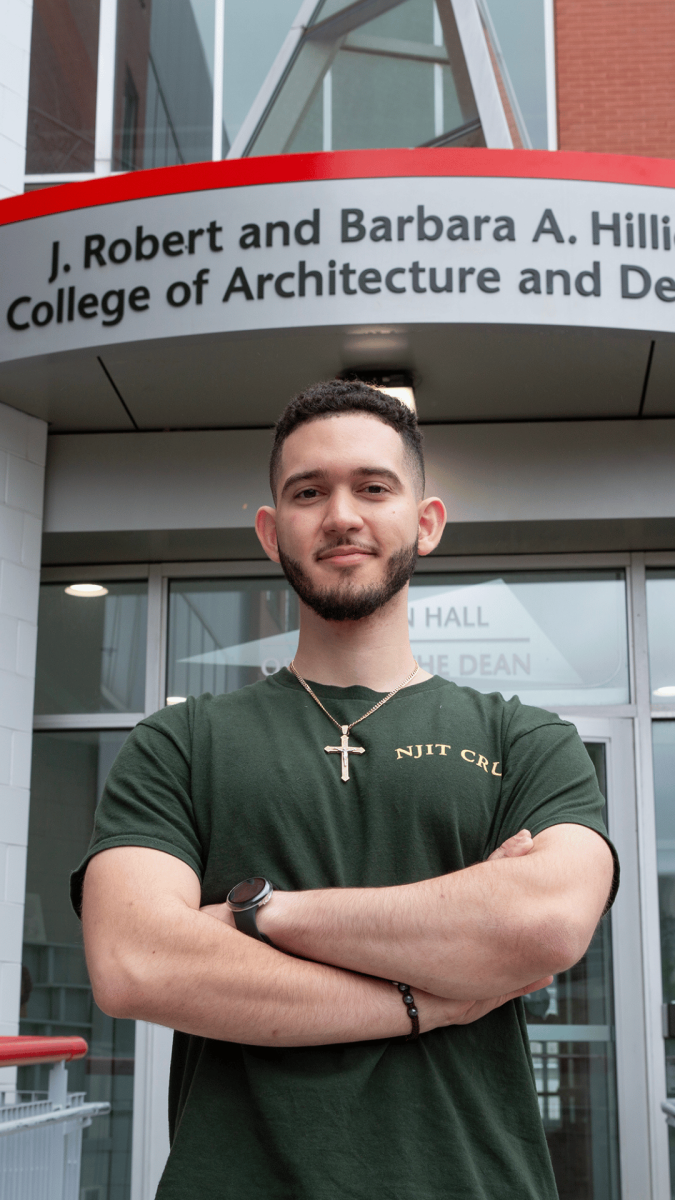Degree Overview
- Delivery Format: on-campus
- Required Credits: 60
Program Details
The mission of the Materials Science and Engineering Ph.D. program is to provide advanced education and research opportunities for students and professionals in the theoretical, experimental, and analytical foundations of materials science and in the engineering use, modification, and application to the structures and products of the technological age. We expect that, as a student and/or graduate of the Materials Science and Engineering M.S. program, you will exhibit the following:
- Academic Excellence: Students will demonstrate compressive knowledge in their area of concentrations, formulate advanced research questions independently and propose methods of investigation to research currently unsolved problems.
- Real-World Research Experience: Students will gain expertise and demonstrate a broad knowledge of their field, its tools, and techniques, and use this to develop new knowledge using ethical standards of conduct.
- Professional Communication and Collaboration: Students will develop top-level communication skills to collaborate and speak effectively about scientific topics, issues, and research at national and international meetings.
What You Will Learn:
Upon graduation all Ph.D. students in Applied Physics should be able to meet the following learning outcomes:
- Formulate advanced research questions independently and propose methods of investigation, including the design of experiments to investigate currently unsolved problems.
- Demonstrate and apply comprehensive knowledge in the area of concentration to identify, find, evaluate, articulate and use scientific information at a high level of proficiency.
- Apply quantitative methods to describe and analyze phenomena.
- Publish at least one scientific article as the first author in peer-reviewed journals in the area of concentration.
- Present at least one professional talk at the national or international conference in the area of concentration.
- Demonstrate broad knowledge of the field, its tools, and techniques to develop new knowledge.
- Identify, find, evaluate, articulate and use scientific information associated with their field.
- Interact with other professional and student researchers in a skilled, cooperative fashion to discuss issues and solve scientific problems at a high level of proficiency.
- Conduct research and develop relationships using ethical, professional standards of conduct.
Admissions & curriculum
Materials Science and Engineering Salaries
Starting Salary, NJIT Average
Mid-Career Salary, National Average
According to the Bureau for Labor Statistics, the median income for materials scientists is $101,570.
Where do Materials Science and Engineering (Materials Science Option) majors work?
- Researcher
- Research Engineer
- Design Engineer
- Metallurgist
- TTX Company
- Owens Corning
- Croda
-
 I have enjoyed my time in the Materials Science and Engineering Program, particularly the small classes and individual attention that help in hands-on learning."Emine S. Karaman
I have enjoyed my time in the Materials Science and Engineering Program, particularly the small classes and individual attention that help in hands-on learning."Emine S. Karaman -
 NJIT was my dream school."Hilsson Angeles
NJIT was my dream school."Hilsson Angeles -
 Getting a degree from a great school like NJIT gave me the opportunity to choose the job I wanted."Seif Issa
Getting a degree from a great school like NJIT gave me the opportunity to choose the job I wanted."Seif Issa

